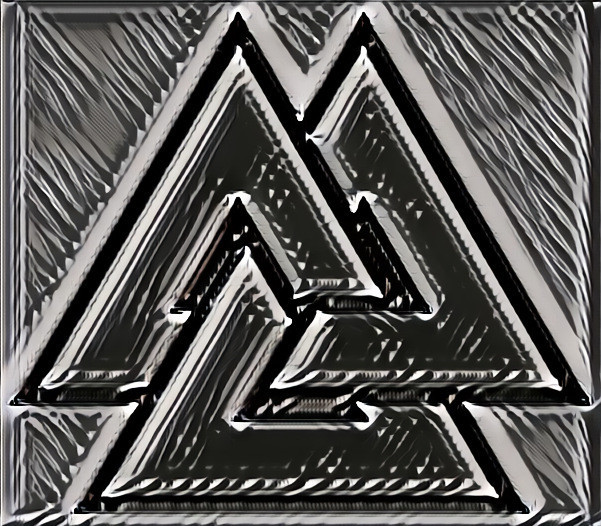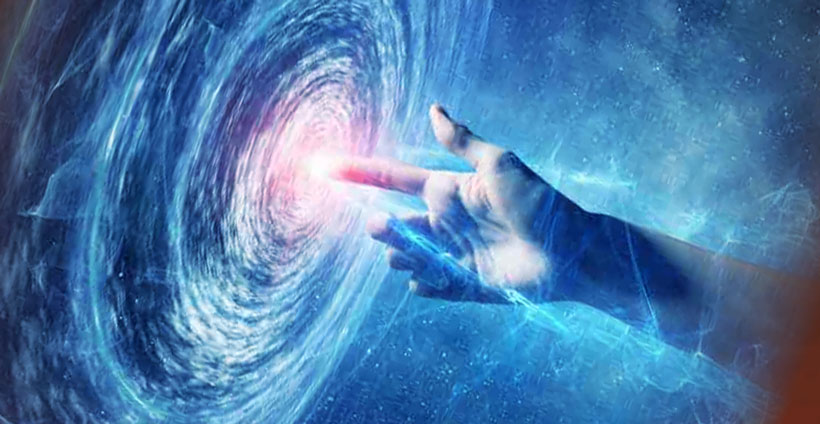
1. God is one, but is also three. God can be any or all of the three at the same time. This concept has confused many in the past, and continues to confuse many.
2. God is consciousness. Consciousness itself is the prima materia that creates all other things. Consciousness is omnipresent, omniscient and omnibenevolent.
3. You are consciousness. Your true self is not your body, or any physical or sensory expression, but the consciousness that underlies all of that and which observes the sensations, emotions and thoughts of the body.
4. Therefore, you are God. You are a fragment of the divine consciousness. You, like everything else that exists, are an extrusion of the divine into the Great Fractal.
5. This is why it has always been said to look within and to know thyself.
6. These three things – God, consciousness and yourself – are three aspects of the divine.
7. Hearing that one is God might seem shocking to anyone coming from a Hamic environment.
8. Hamic culture is designed to breed slaves who surrender to the Principle of Evil. This is why Hams are taught that they are created – and that the priest speaks for their creator. Yahweh is outside of them, apart from them and above them.
9. Elementalists understand that every conscious being is divine in its own right. Everything that exists is an expression of God, a form in which God saw fit to express Godself.
10. The revelation that one is God might seem shocking to anyone coming from a scientific materialist environment.
11. Scientific materialism accidentally creates slaves who cannot see beyond the shallowest layer of reality, and so leave themselves vulnerable to everything operating in higher dimensions.
12. The idea that all facts must be proven in physical terms reduces all phenomena to brain function, and thereby violates the First Tenet.
13. Scientific materialism rejects the divine, and therefore believes that anyone who does must be mentally ill, unable to distinguish reality from delusion.
14. A person who thinks to themselves “I am God” is not insane but awake!
15. A person who thinks to themselves “I am other than God” is not humble but a slave!
16. This triune nature is part the indefinability of the divine. Neither consciousness nor God can be defined, and one cannot even define one’s physical self without reference to the rest of the Great Fractal.
*
This chapter is an excerpt from Elemental Elementalism, the foundational scripture of the new religion of the Age of Aquarius.
*
If you enjoyed reading this essay/article, you can get a compilation of the Best VJMP Essays and Articles of 2020 from Amazon for Kindle or Amazon for CreateSpace (for international readers), or TradeMe (for Kiwis). A compilation of the Best VJMP Essays and Articles of 2019, the Best VJMP Essays and Articles of 2018 and the Best VJMP Essays and Articles of 2017 are also available.
*
If you would like to support our work in other ways, please consider subscribing to our SubscribeStar fund. Even better, buy any one of our books!



